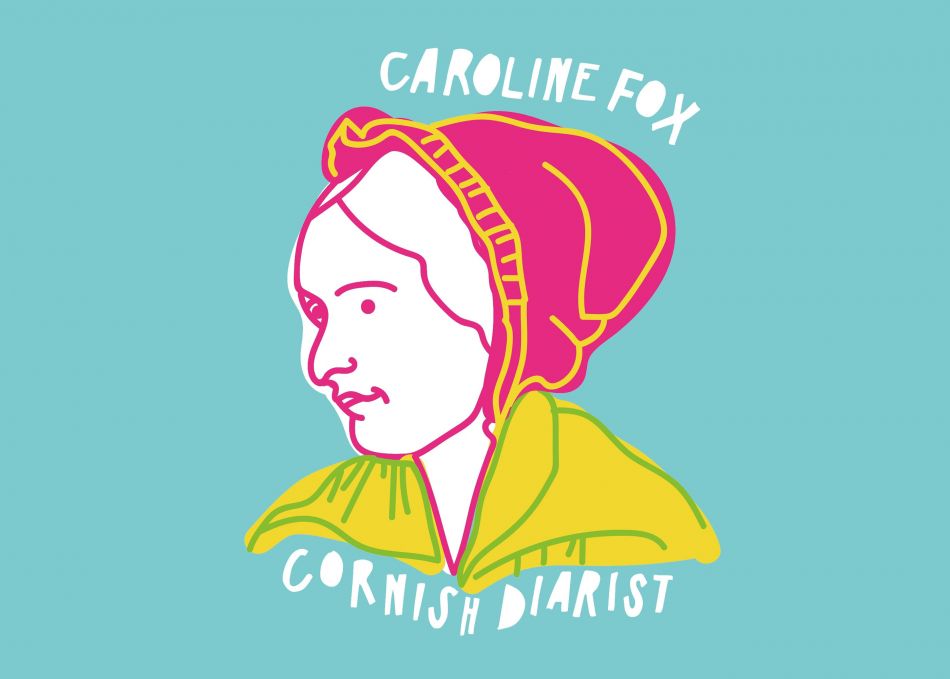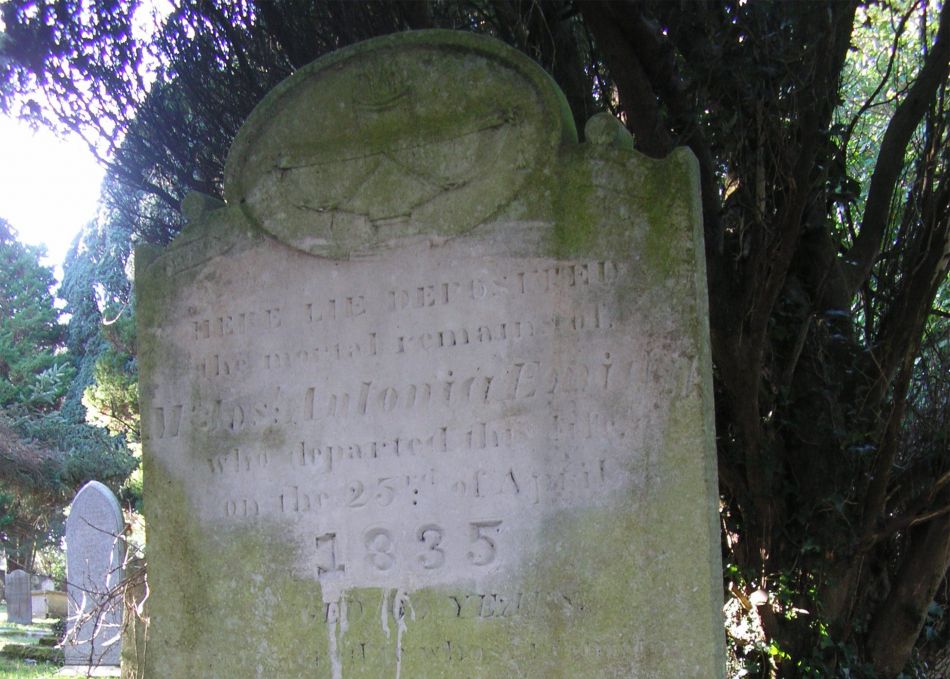Early life
Caroline Fox was born at Penjerrick, a large country house near Falmouth. Her father Robert Were Fox was a scientist and inventor. Like her brother Barclay and sister Anna Maria, Caroline kept a detailed diary. The family were all members of the Religious Society of Friends (Quakers).
Meeting the rich and famous
As a girl, Caroline travelled to different locations around Cornwall and the UK, and described her visits in a diary. When she was older, she met famous politicians, artists, writers and scientists. These included Thomas Carlyle, William Wordsworth, Charles Kingsley and Michael Faraday (who had worked with Sir Humphry Davy). Because Caroline recorded these meetings in her diary, it has become an important record of the times.
Anna Maria and I paid a visit to the Wordsworths. [William] was in great force, and evidently enjoyed a patient audience. Caroline Fox (1844)
Social work
As a Quaker, Caroline had a strong belief in social justice. She visited prisons and tried to stop slavery. With her sister Anna Maria, she also helped to set up the Royal Cornwall Polytechnic Society, based in Falmouth. Originally, polytechnics were educational groups or colleges based around a wide variety of different subjects. The Falmouth society is thought to have been the first polytechnic in the country. In fact, some writers have said it was Caroline that actually invented the word ‘polytechnic’.
The Royal Cornwall Polytechnic Society ran competitions and gave awards for inventions. The ‘man engine’ used to carry workers up and down Cornish mines was invented with help from the society. Now called The Poly, the Polytechnic still exists today.
Caroline died in January 1871 and was buried at Budock, near Falmouth.








